How Indexing Occurs With Yahoo
How Indexing Occurs With Yahoo & Bing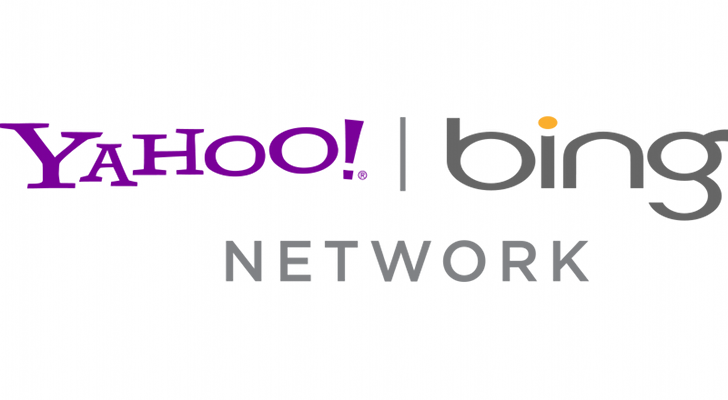
Yahoo and Bing are now mostly sharing their search functions and further combination will occur over the next upcoming months. This superb combination has resulted in a 25% market share in terms of the Search perspective for both Bing and Yahoo. If you have so far disregard the growth rate of Bing, now is the correct time to start focusing on how to optimize your site for Bing search results. Google is full fledged leader in the Search space and a very responsible and cosmopolitan search engine. They do a mind-blowing job of indexing with an excellent variety of meaningful content. Whereas Bing on the other side, is still in its infancy and making efforts to develop some of the serious indexing capabilities that can be exist with Google. Some of the more fascinating differences between how Google indexes websites vs how the Bing crawler operates including Canonical Requirements, Page Size, Meta Refreshes and Backlinks Requirements. Further we will focus more on these index functioning criteria –
Canonical Requirements: Google is best at regulating a website’s Canonical URL even if a website is not coded to properly return the Canonical URL. Google’s Webmaster Tools even permits website owners to supervise their Canonical URL without changing any code. Moreover, Google also bears the use of the Canonical tag as a path for website owners to smoothly avoid duplicate content issues.
At the same time, Bing on the other hand does not bear the Canonical tag and does not prefer Canonical URL management in their Webmaster Center. Bing has urgency for websites to be Canonical from a programmatic standpoint. However the Bing crawler initially allows a website’s root domain without the “www” sub domain (for ex-http://searchdiscovery.com).
Page Size: In the early days of Google, Googlebot would only crawl of any given page. As Google has blossom, page size is less of a matter for their crawler. Bing, however on the other side, currently caches the first 100k of most webpages. Keep this thing in mind as you optimize your website for Bing, firstly be sure and place the prime elements of your content within the first 100k otherwise it will not make it into the Bing cache.
Meta Refreshes: Few websites is still utilizing a Meta Refresh to redirect users. Bing and Google handle this situation very uniquely. Google will permit a zero-second Meta refresh and handle it like a 301. On the other hand, Bing will not. As a substance of fact, the use of a Meta Refresh will boycott the Bing crawler from acquiring any more of the website being indexed. Nevertheless, if Bing to index your entire website then don’t use Meta Refreshes.
Backlinks Requirements: Google undoubtedly has the largest index. In succeeding years, Google has made a huge deal about how many web pages were in their index. Today, they don’t really gloat too much about their index size as they have already won the battle. On the other hand Bing doesn’t even play. Instead of pursuing to index, each and every section of content available on domain, Bing actively erases web pages from their index if those pages lack enough link authority or value to rank in their SERPs.
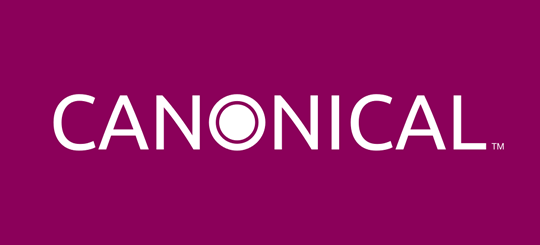
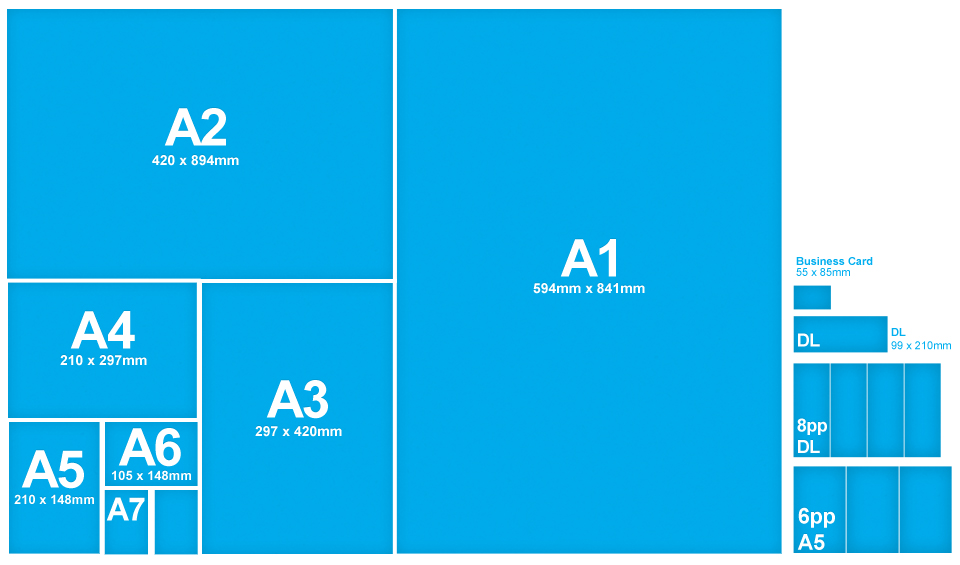
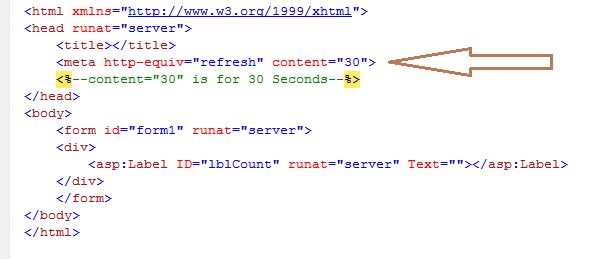
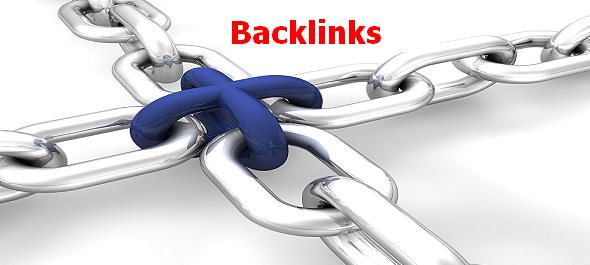
http://flagyl-online-buy.net/ – Order Flagyl Priligy Dapoxetine http://lasix-buy-online.net/
http://flagyl-online-buy.net/ – Metronidazole 500 Mg Antibiotic Buy Priligy Online http://lasix-buy-online.net/
http://flagyl-online-buy.net/ – Metronidazole Online Dapoxetine Online http://lasix-buy-online.net/
http://flagyl-online-buy.net/ – Metronidazole Online Priligy http://lasix-buy-online.net/
http://flagyl-online-buy.net/ – Metronidazole 500 Mg Antibiotic Dapoxetine 60 http://lasix-buy-online.net/
http://flagyl-online-buy.net/ – Flagyl 500 Mg Dapoxetine http://lasix-buy-online.net/
http://flagyl-online-buy.net/ – Metronidazole Online Dapoxetine http://lasix-buy-online.net/
http://flagyl-online-buy.net/ – Buy Flagyl Online Priligy Y Cialis http://lasix-buy-online.net/